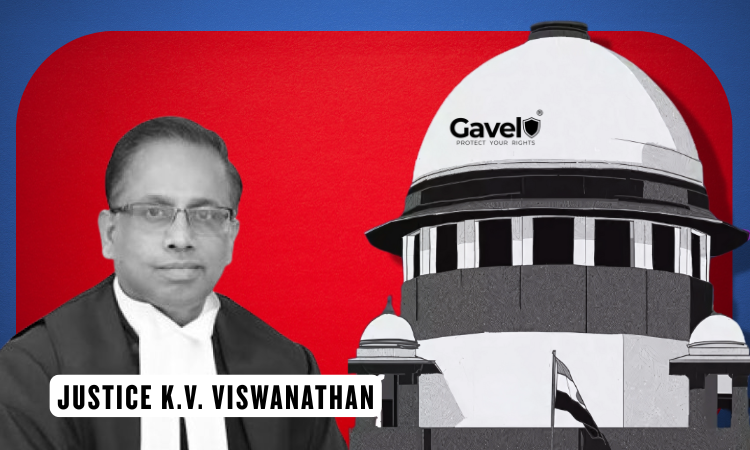In a landmark ruling on May 1, 2025, the Hon’ble Supreme Court of India addressed the prolonged inaction of the Tamil Nadu Governor in processing bills passed by the State Legislative Assembly. The Court held that the Governor cannot sit indefinitely on bills and must act within a constitutionally reasonable timeframe. This judgment, delivered by a Bench comprising Justices Sanjiv Khanna and Dipankar Datta, reasserts the fundamental principles of a parliamentary democracy, emphasizing that elected governments cannot be stalled by inaction from constitutional authorities like Governors.
The case arose after the Tamil Nadu Government filed a writ petition against the Governor for failing to take action on several bills, including some which had been pending for months without any communication. The State contended that such inaction violates the Constitution and undermines the will of the democratically elected Assembly. The Supreme Court agreed, holding that the Governor’s powers under Article 200 of the Constitution are not discretionary in a broad sense and must be exercised in accordance with constitutional expectations and within reasonable time.
Under Article 200, the Governor has three limited options when a bill is presented: assent to it, withhold assent and return the bill to the Assembly (except in the case of money bills), or reserve the bill for the President. The Court clarified that these are not open-ended powers and must be exercised responsibly. Importantly, once a bill is re-passed by the State Assembly, the Governor is constitutionally bound to give assent and cannot reject or delay it further. The judgment also made it clear that inordinate delay by the Governor, especially without giving reasons or engaging with the State Government, amounts to constitutional impropriety.
The Court went further to outline what constitutes a “reasonable time” for the Governor to act. Though the Constitution does not fix an exact deadline, the Court noted that indefinite silence violates democratic norms and goes against the spirit of responsible governance. The Governor is expected to act “as soon as possible” and cannot frustrate the legislative process by simply remaining inactive. The ruling emphasized that in a parliamentary democracy, real power rests with the elected government, and the Governor, as a constitutional head, is expected to act on the aid and advice of the Council of Ministers in most matters.
This decision is seen as a major reaffirmation of constitutional principles and federal balance. It sends a clear message to constitutional functionaries that the mandate of the people, expressed through the legislature, must be respected. The judgment not only settles the specific dispute between the Tamil Nadu Government and the Governor but also lays down a broader constitutional principle applicable to all states and all Governors in India.
In summary, the Supreme Court’s May 2025 judgment is a crucial step in ensuring that constitutional authorities like Governors act within their defined limits and do not stall the functioning of elected governments. The decision upholds democratic accountability and strengthens the legislative process, safeguarding the foundational values of the Indian Constitution.

